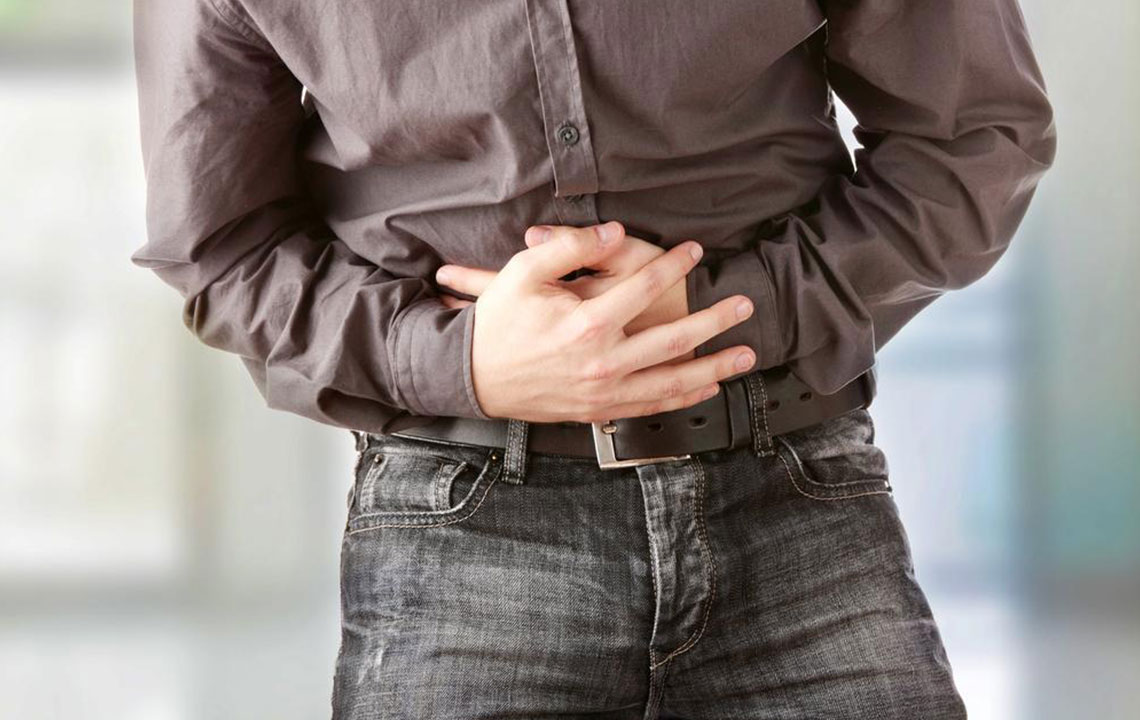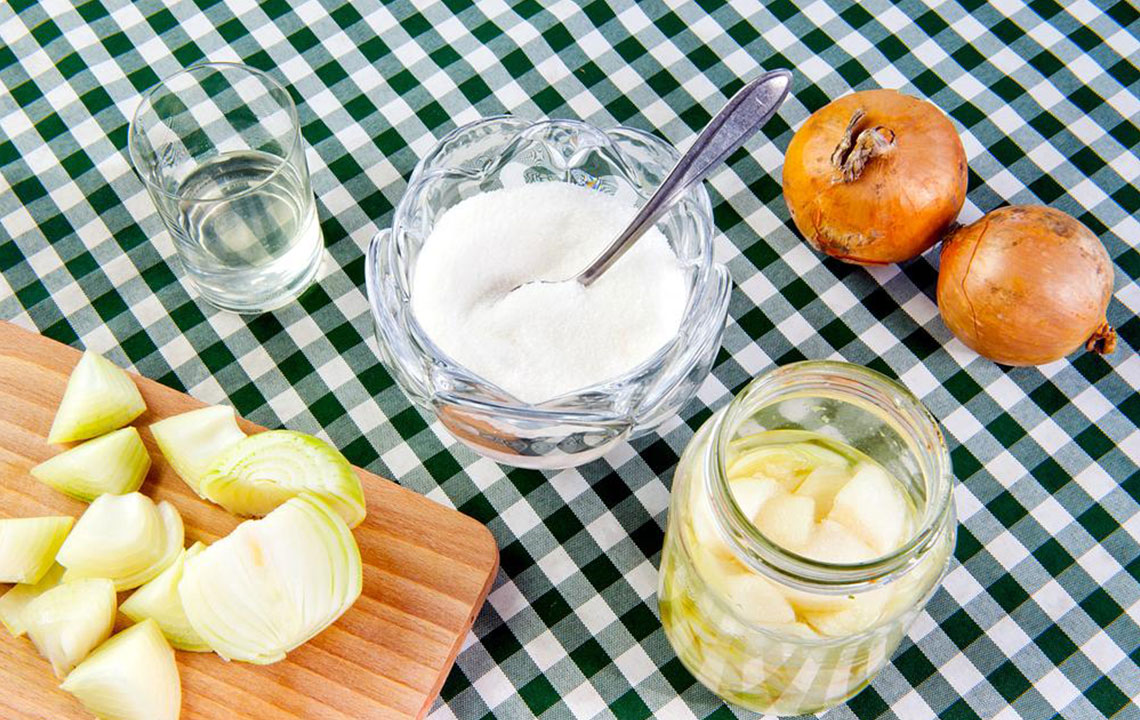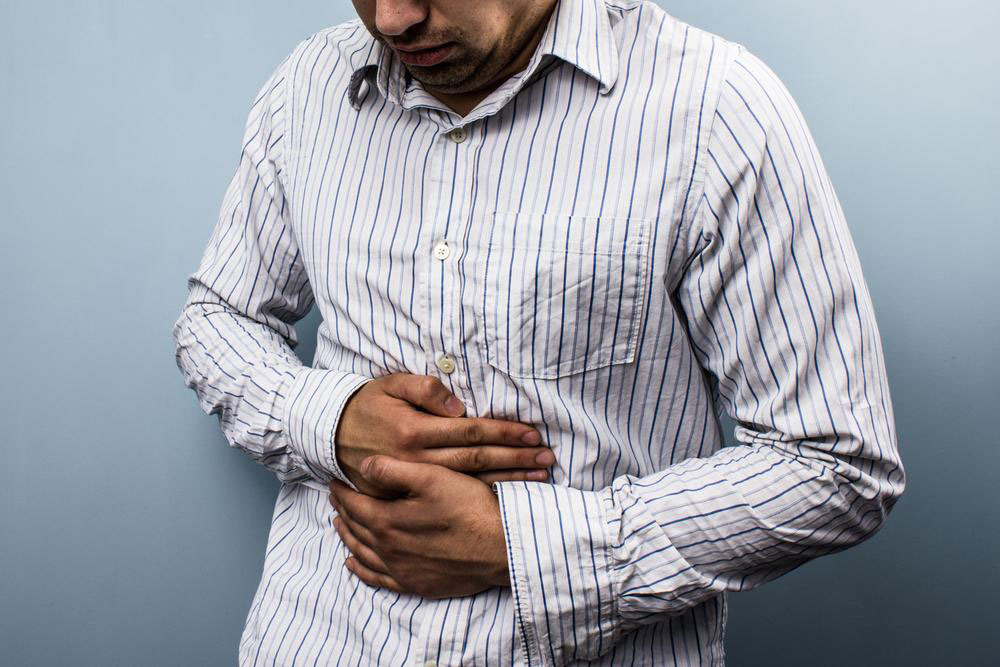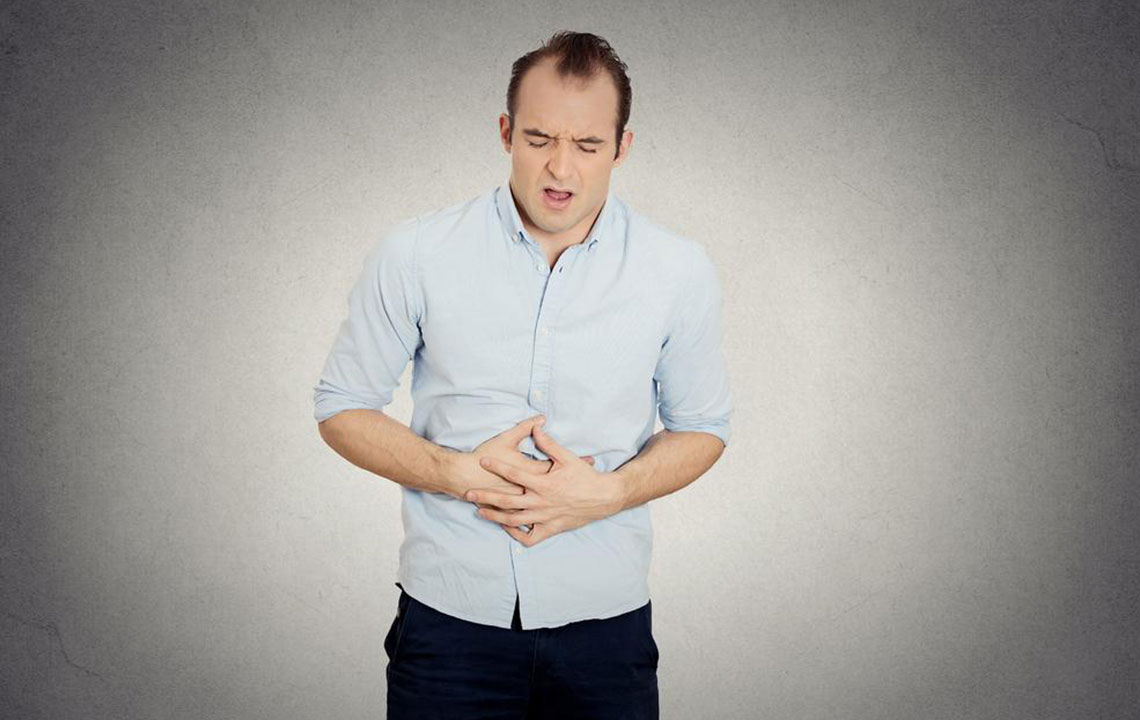Managing Diarrhea with Nutritional Strategies and Dietary Tips
Learn effective dietary strategies to manage and recover from diarrhea. Discover suitable foods, hydration tips, the role of probiotics, and foods to avoid for quick relief. This comprehensive guide helps you choose the right nutrition to restore health and balance during episodes of diarrhea.
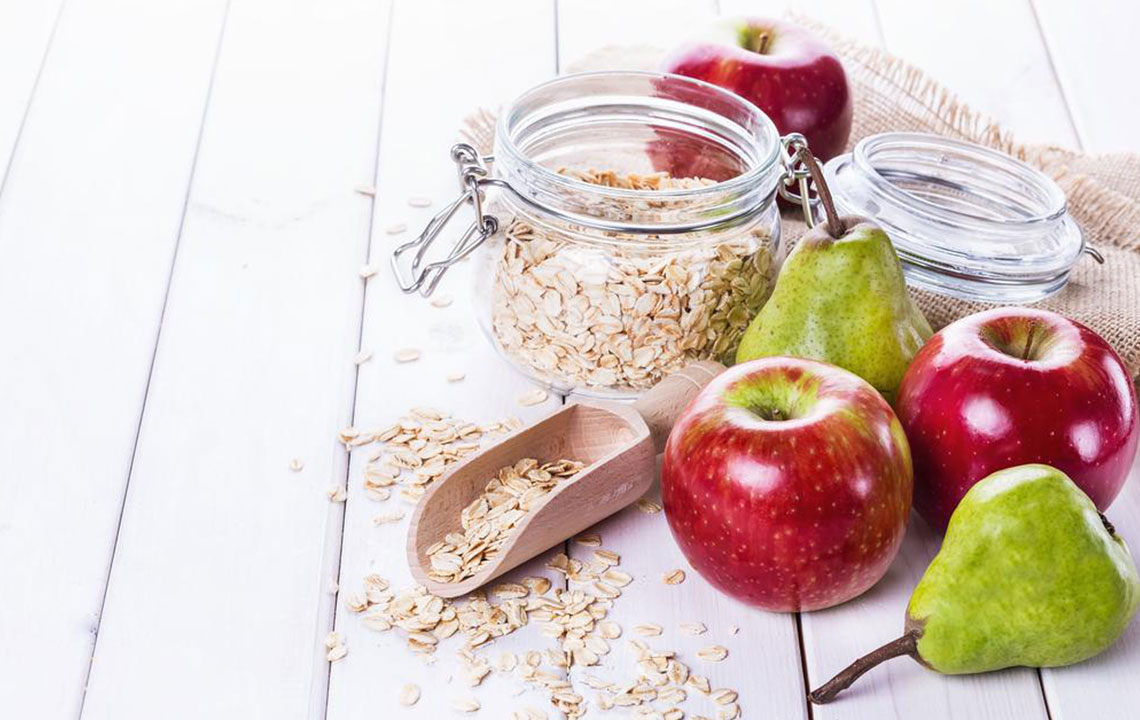
Managing Diarrhea with Nutritional Strategies and Dietary Tips
Diarrhea is a prevalent condition characterized by frequent, watery bowel movements that can range from mild to severe, requiring medical intervention at times. It poses a higher risk of dehydration, especially in children and the elderly. Often caused by viral, bacterial, or parasitic infections acquired through contaminated food or water, it is important to know suitable foods to consume during such episodes. Most cases resolve within a few days with proper care and diet management.
Persistent diarrhea, lasting beyond a few days, may be linked to conditions such as
Irritable Bowel Syndrome (IBS)
Crohn’s Disease
Coeliac Disease
Colorectal Cancer
It is primarily caused by infections from bacteria like Salmonella, Shigella, or E. coli, which can often be treated effectively with medical care and suitable dietary adjustments.Treatment Approaches for Diarrhea
Minor diarrhea cases often resolve without treatment, but persistent cases require professional medical assistance.
Replenishing lost fluids through hydration is vital; this can include drinking plenty of water or receiving intravenous fluids in severe cases.
Oral Rehydration Solutions (ORS), containing salt and glucose, are crucial as they are absorbed efficiently and help restore electrolyte balance. Consuming gentle, easily digestible foods also aids recovery by reducing stress on the gut.
Diet Recommendations During Diarrhea
Identifying foods that might trigger or worsen symptoms is key. During episodes, eating simple, bland, and fiber-rich foods is advisable. Recommended options include oats, bananas, plain rice, boiled potatoes, toasted bread, skinless baked chicken, and moderate fat intake.
Nutritionists suggest the following tips:
Drink clear, non-carbonated liquids like fruit juices without added sugars, ensuring replacement of fluids lost during loose stools.
Consume fluids between meals rather than during, to reduce gut irritation.
Incorporate high-potassium foods: bananas, potatoes, and fruit juices.
Include high-sodium liquids like broths and salted crackers to replenish electrolyte levels.
Opt for herbal teas such as black tea, which has mild astringent properties beneficial for stomach comfort.
Eat cooked root vegetables like carrots and sweet potatoes to soothe an irritated stomach.
Try rice pudding made with almond or soy milk and artificial sweeteners for a gentle, nourishing treat.
Foods to avoid include high-sugar products like prunes and cherries, caffeinated drinks, high-fructose foods, dairy products containing lactose, fatty, and spicy foods, as well as high-fiber meals that could aggravate symptoms.
Role of Probiotics
Probiotics are beneficial bacteria that can aid in restoring gut health during acute diarrhea episodes. They are particularly helpful in preventing travel-related diarrhea and antibiotic-associated cases. Available in capsules, powders, and liquids, probiotics should be taken under medical advice, especially for vulnerable groups such as infants and seniors. Proper probiotic use can help shorten the duration of diarrhea and support recovery.
If diarrhea persists beyond three days despite adequate hydration and nutrition, consulting a healthcare professional is crucial for targeted treatment. Although over-the-counter medications are available, professional guidance ensures safe and effective management. Remember, diet plays a vital role in recovery, so choose foods wisely during and after the illness.

